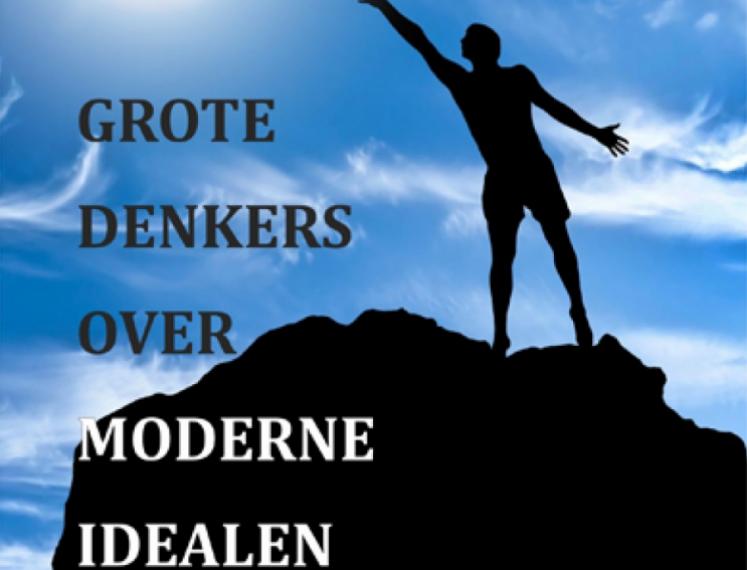In Need of Moral Language
Many developments in the last century have lead to the conviction, particularly in Europe, that moral concepts have been exploded - either as hypocritical attempts to impose one's own will on others, or as self-deceiving attempts to justify one's own actions.
Thus many, from politicians to evolutionary psychologists, argue that all human action should be explained in terms of self-interest. The US-German philosopher Susan Neiman argues for a revaluation of moral thinking and for a new interpretation of classic ideas of right and wrong, heroism and virtue. For her ideas she goes back to 18th-century Enlightenment thought, where she finds a collection of ideals - happiness, reasonableness, reverence and hope - which are bases on which tot construct moral judgements. She will argue that we do indeed need moral concepts in order to understand the world - and certainly to change it.
Professor Susan Neiman is an American moral philosopher, cultural commentator, and essayist. She has written extensively on the juncture between Enlightenment, moral philosophy, and politics. She currently lives in Germany, where she is the Director of the Einstein Forum in Potsdam. Two books made her worldwide famous: Evil in Modern Thought: An Alternative History of Philosophy (2002) and Moral Clarity: A Guide for Grown-Up Idealists (2008).
This programme is a coproduction with Studium Generale of the University of Twente and of the university of Maastricht.



